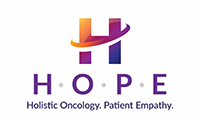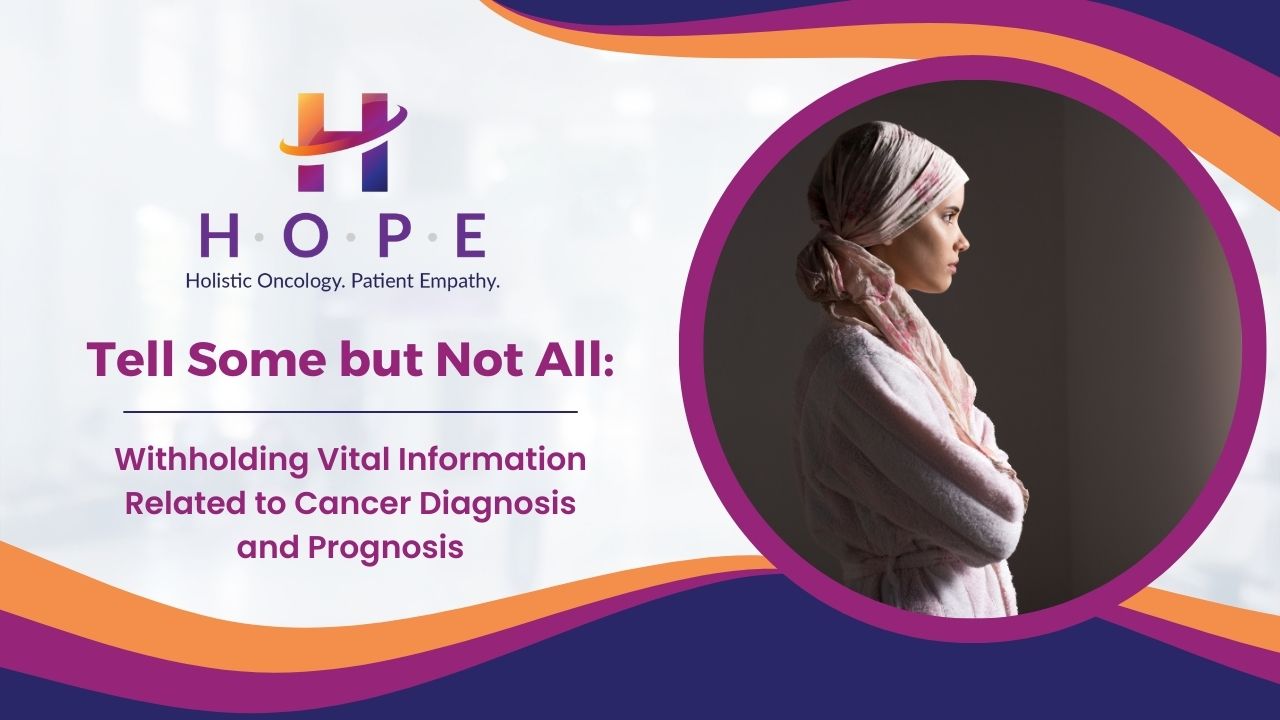Tell Some but Not All: Withholding Vital Information Related to Cancer Diagnosis and Prognosis
Navigating discussions about cancer diagnosis and prognosis with loved ones is a nuanced and intricate task, especially when considering whether to reveal the complete truth and potentially impact their emotional well-being. There are instances where withholding certain information is chosen for reasons such as:
- A desire to shield the loved one from distressing news.
- Concerns about their emotional resilience.
- Apprehension about potential depression.
- Fear of losing motivation to continue living.
- Perceiving the diagnosis as a grim outlook.
- Believing the individual may not fully comprehend the situation.
These decisions are rooted in a genuine desire to protect loved ones from the harsh realities of their illness. While truth can be painful, the repercussions of deception may be more detrimental. The practice of keeping information concealed can lead to noticeable shifts in family dynamics, impacting communication and potentially causing the patient to sense secrecy. The nature of cancer often involves visible symptoms, and patients may intuitively pick up on cues, fostering a growing awareness of their condition.
Efforts to disguise medical visits may become increasingly challenging due to growing distrust resulting from perceived secrecy. Keeping vital information hidden can result in heightened feelings of isolation, fear, and uncertainty, extending beyond physical separation. Patients may turn to their social circle for information, potentially encountering inaccuracies from various sources. Online searches for information carry the risk of encountering misinformation, leading to distorted perceptions of their medical condition and increased anxiety.
Intentionally withholding crucial information can leave patients unaware of the seriousness of their condition, hindering their ability to address important matters such as legacy work and financial affairs. Family members may avoid essential conversations due to discomfort or fear, impacting decision-making and potentially leaving unresolved issues.
In conclusion, withholding information about a cancer diagnosis can inadvertently cause more harm than good. Patients may sense secrecy, leading to increased anxiety and uncertainty. Excluding them from crucial discussions complicates decision-making for the family, adding emotional strain. Open communication, even in difficult circumstances, remains crucial for the well-being of both patients and their families.

